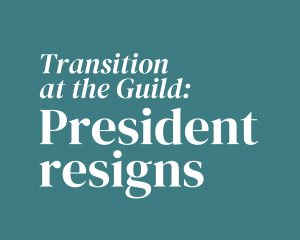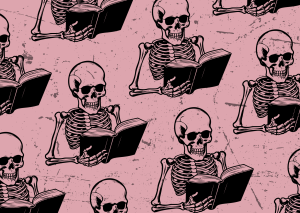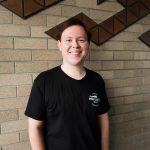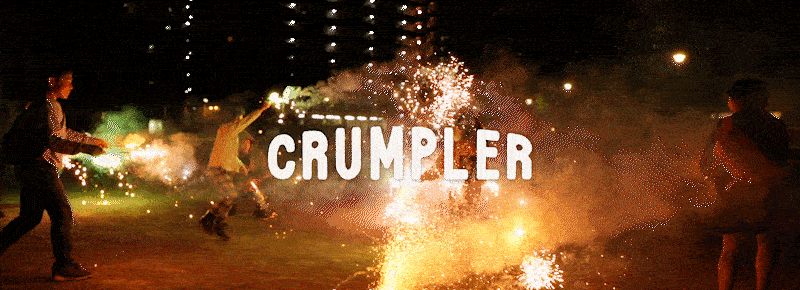
As a part of the QUT Guild’s Wellness Festival, Glass are getting in touch with some of the professionals visiting QUT. Week 2 is mental health week, and will feature Celia Roberts – the founder of BIYOME, and yoga and mindfulness teacher.
Celia will be conducting a mindfulness and meditation session on Wednesday August 4th, so we got in touch to talk all things yoga, health, and wellbeing.
So, what exactly is Yoga therapy?
Yoga therapy is similar to seeing a physiotherapist, but instead with a well trained yoga therapist. A Yoga Therapist has often trained for a minimum of three years and may also have skills in meditation, mindfulness, complementary health and you may also find they have a dual degree in Allied Health.
Yoga Therapy is best defined by the governing body, Yoga Australia as the process of empowering individuals to progress toward improved health and wellbeing through the application of the teachings and practices of yoga.
Yoga is a scientific system of self-investigation, self-transformation, and self-realisation that originated in India. The teachings of yoga are rooted in the Vedas and grounded in classical texts and a rich oral tradition. This tradition recognises that the human being’s essential nature is an unchanging awareness that exists in relationship to and identification with the changing phenomena of the empirical world.
The yoga tradition views humans as a multi-dimensional system that includes all aspects of the body; breath; mind; intellect; and emotions and their mutual interaction. Yoga is founded on the basic principle that intelligent practice can positively influence the direction of change within these human dimensions, which are distinct from an individual’s unchanging nature or spirit.
The practices of yoga traditionally include but are not limited to, asana, pranayama, meditation, mantra, chanting, mudra, ritual, and a disciplined lifestyle. Yoga therapy is the appropriate application of these teachings and practices in a therapeutic context to support a consistent yoga practice that will increase self-awareness and engage the client/student’s energy in the direction of desired goals. The goals of yoga therapy include eliminating, reducing, or managing symptoms that cause suffering; improving function; helping to prevent the occurrence or reoccurrence of underlying causes of illness; and moving toward improved health and wellbeing. Yoga therapy also helps clients/students change their relationship to and identification with their condition.
The practice of yoga therapy requires specialised training and skill development to support the relationship between the client/student and therapist and to effect positive change for the individual.
Yoga therapy is informed by its sister science, Ayurveda. As part of a living tradition, yoga therapy continues to evolve and adapt to the cultural context in which it is practiced, and today, it is also informed by contemporary health sciences. Its efficacy is supported by an increasing body of research evidence, which contributes to the growing understanding and acceptance of its value as a therapeutic discipline.
Definition by Yoga Australia https://www.yogaaustralia.org.au/about-us/registered-yoga-therapist/
When did you start doing yoga?
Intermittently, I began yoga at the age of 19 in a house that was a dedicated ashram in the heart of our well known, Brisbane suburb of Ashgrove. I then explored meditation a little more deeply at the time, often going away to practise the 10 day silent meditation Vipassana retreats. I resumed daily yoga classes at the University of Queensland by the age of 22. I studied yoga teacher training at age 25.
What does it mean for someone to be committed to their health and wellbeing?
It means to make your health and wellbeing a daily priority, and these days I would consider this commitment to health and well being to be placed under the large umbrella of Lifestyle Medicine, meaning it is much more than diet and exercise, but a proven lifestyle that is the answer!
This ‘Proven Lifestyle’ approach takes into consideration nutrition, exercise, stress management and love and support from close others and connection within our communities.
“Lifestyle Medicine is defined as, “The application of environmental, behavioural, medical and motivational principles to the management (including self-care and self-management) of lifestyle-related health problems in a clinical and/or public health setting” (Egger et al, 2017).
Or put another way, “Lifestyle Medicine provides an interdisciplinary, whole-system approach to the prevention and reversal of chronic and lifestyle-related diseases through the modification of the behavioural, social and environmental drivers.”
Definition by https://www.lifestylemedicine.org.au/lifestyle-medicine
How important is the understanding of the relationship between body and mind?
At BIYOME, we take the mind-body medicine relationship very seriously and educate teachers that there is a bi-directional relationship to achieving long term health and well-being. You must care for the body to care for the mind and to care for the body, you must care for the mind.
We take this approach further by informing and educating around the following ten facets of mind-body medicine modern research by understanding the following:
The vagus nerve
Understanding The heart-brain connection
Heart rate variability (HRV)
The hypothalamic-pituitary-adrenal (HPA) axis
The gut-brain axis and
Psychoneuroimmunology
Neuroplasticity and Cortical Re-Mapping
Bioplasticity and The Embodied Brain
Yoga and Meditation for our DNA, epigenome, telomeres
Yoga and Meditation’s effects on our Inner Pharmacy
What is BIYOME?
BIYOME is The BioMedical Institute of Yoga and Meditation. The centre is situated in the most beautiful and natural surrounding, in the hills of outer Brisbane. The yoga teacher training and retreat centre facilitates yoga and meditation teacher training, heavily grounded in evidence-based research and provides registered qualifications in all levels of:
Meditation Teacher Training (MTT),
Continuing Professional Development (CPD) 4 day intensives and
Higher-Level Learning Certificates in BioMedical Yoga Therapy (HLL) 2 day intensives
for both yoga teachers and meditation teachers. With accredited online yoga and meditation training offered world-wide, BIYOME is now a global entity and has students training online and live-stream across the World.
BIYOME offers the ultimate in world recognised training – including a foundation of adept understanding of the connection between the western medical model of health and the ancient sciences of yoga. The BioMedical Institute of Yoga and Meditation truly provides enriching programs that fosters teachers of integrative lifestyle medicine. BIYOME’s courses are tailored to deliver state-of-the-art science side by side with the transcendental experience of all that yoga and meditation have to offer
How can students get involved?
Find the BE INSPIRED button on our website and BE INSPIRED TO PRACTICE
Join us regularly as we share an array of inspirational articles related to Mind-Body Medicine, Complimentary Yoga and Meditation Classes, Yoga and Meditation Teacher Training special offers, and share our Registered Continued Professional Development opportunities. Simply enter your name and email in the form onsite!
You can catch Celia’s workshop from 11-1, Wednesday August 3rd.







